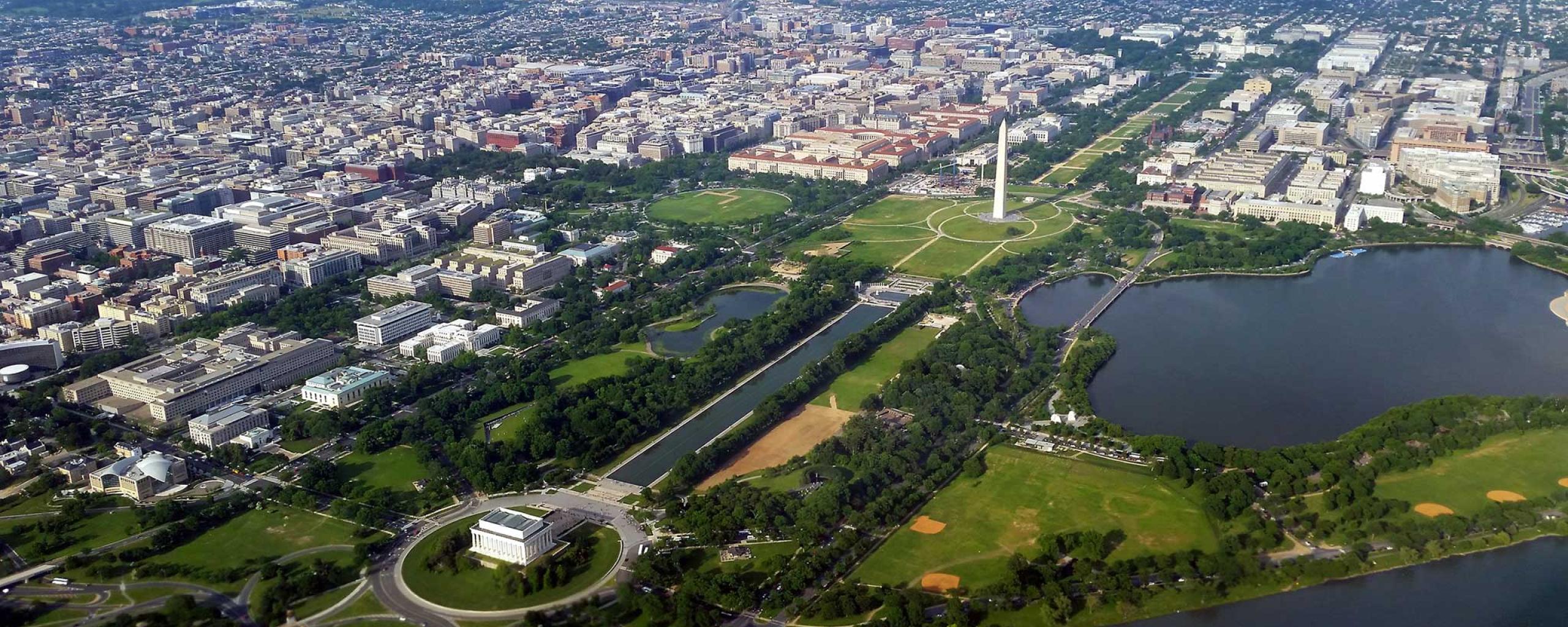Government Shutdown
Funding for the federal government expired on September 30th. House Republicans walked away from bipartisan negotiations to keep the government open and have chosen to shut down the government.
To help you plan for the impacts of a federal government shutdown, my office has prepared answers to these frequently asked questions. You can also contact my Washington DC office at (202) 225-2271 or my Eagan office at (651) 846-2120.
Will I continue to receive my Social Security and SSI checks?
Recipients will continue to receive their Social Security and SSI checks. The Social Security Administration (SSA) will provide limited services like issuing Social Security cards and holding appointments for benefit applications. However, SSA will stop services like benefit verifications and processing overpayments. Customer service wait times will likely increase dramatically.
Will Medicare and Medicaid benefits be affected?
Medicare and Medicaid beneficiaries will continue to receive benefits during a shutdown. It is important to note that communication with CMS will be difficult as some employees will be furloughed. It is important to note that some telehealth and home health flexibilities will expire on Oct. 1.
What happens to veterans' services?
Medical facilities and clinics will remain open and functioning and VBA benefit access should continue. It's also important to note that Tricare services will continue. Veterans’ benefits will continue to be processed but a shutdown will impact services such as job training.
Which federal employees keep working during a government shutdown?
When the government shuts down, federal agencies are required to classify their employees whose salaries have lapsed as either "essential" or "not essential." The employees classified as "essential" work without pay during the shutdown. The employees classified as "not essential" are put on unpaid furlough.
What is the impact on U.S. military personnel and federal law enforcement?
Active duty Guard and reservists are required to work without pay. Off base care covered by Tricare will continue but non-acute health care on base will halt operation. Retirees will continue to receive benefits but the processing of new applications/changes will face significant delays.
Will military and federal retiree benefits be suspended?
Military and federal retirees will continue to receive their retirement benefits. Processing new applications or other requested changes will be delayed.
Will air travel be affected?
Travelers should expect delays as TSA workers and air traffic controllers will be working without pay. It is possible that the FAA will have staff working without pay as well.
What does this mean for disaster relief efforts?
Federal Emergency Management Agency (FEMA) staff will still respond to emergencies, but all long-term projects will be delayed due to a lack of funding in the Disaster Relief Fund.
How will this affect environmental protection and cleanup?
The Environmental Protection Agency (EPA) will stop inspecting most hazardous waste sites, as well as drinking water and chemical facilities. Efforts to address dangerous contaminants like PFAS — which are linked to severe health effects, including cancer — will be delayed, and cleanup activities at Superfund sites will slow or cease.
What is the impact on food assistance?
The Special Supplemental Nutrition Program for Women, Infants, and Children (WIC) will quickly run out of funding and be unable to provide food for children and parents in need. In the case of a prolonged shutdown, Supplemental Nutrition Assistance Program (SNAP) benefits may also be affected.
What is the impact on food safety activities?
Food and Drug Administration (FDA) food safety activities — such as routine inspections of facilities — will be delayed across the country.
What is the impact on housing?
The Federal Housing Administration (FHA) will stop insuring some new mortgages and the Department of Housing and Urban Development (HUD) will stop processing some new loans. The Department of Agriculture (USDA) will stop new loan and loan guarantee activity. The VA will continue to guarantee home loans. Funding for federal housing assistance programs, such as Housing Choice Vouchers, may be jeopardized in a prolonged shutdown.
How will this affect small businesses?
The Small Business Administration (SBA) will stop processing new business loans, such as through the 7(a) and 504 programs. However, SBA’s Disaster Loan Program will continue regular operations.
Will my mail still arrive?
Yes. The U.S. Postal Service is not affected by a shutdown.
What does this mean for medical research?
The National Institutes of Health (NIH) will be forced to delay new clinical trials. New patients who are waiting for a chance at new treatment through a clinical trial will be turned away.
Will I still be able to visit National Parks and monuments?
Across the country, services that require National Park Service staff — including trash removal and operating campgrounds and concessions — may be stopped. Closures will be determined on a location-by-location basis; open-air parks and monuments in Washington, D.C. will likely remain accessible. Smithsonian museums may also be impacted by a lengthy shutdown.
How does this affect passports and help for Americans overseas?
Passport applications will continue to be processed as passport services are deemed as essential. Passports are funded by fees, so the information center will remain open and functioning.
What is the impact on state and local services?
The federal government shutdown will not immediately affect any state or local services. However, with federal funding cut off, some state or local governments may have to change their operations. Check with state and local agencies for specific questions.
